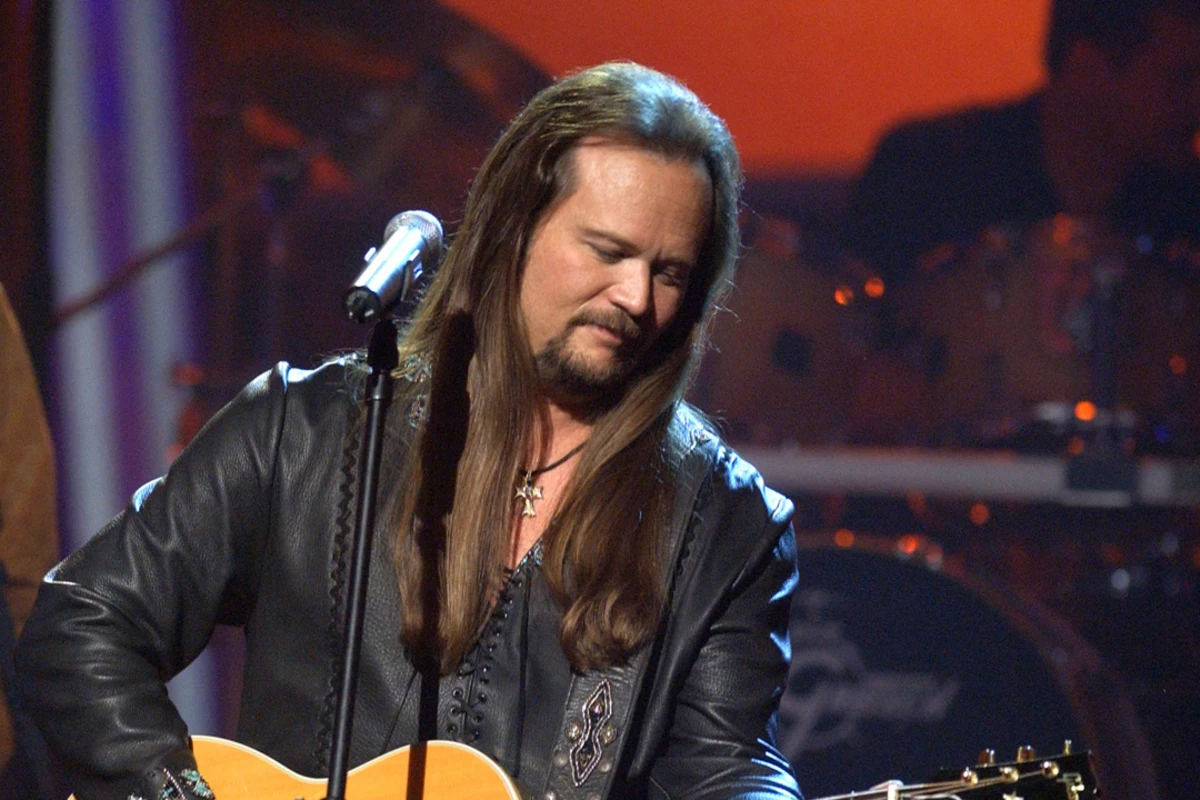Travis Tritt was just a few years into his major label country music career when he was inducted into the Grand Ole Opry on Feb. 29, 1992.
Tritt released his debut single, “Country Club,” on Aug. 7, 1989, and while he was an immediate success, he didn’t get the chance to perform on the Opry until May 4, 1991, just before the release of his sophomore album, It’s All About to Change. He would become a member less than a year later, thanks in no small part to a country legend who took him under his wing after his debut.
“I don’t know why to this day, but Roy Acuff saw something in me that he liked,” Tritt recounts via the Opry’s website. “He came up and put his arm around me backstage and said, ‘Son, we want to see you back here at the Opry more often.’”
Tritt’s induction into the Grand Ole Opry took place on the same day a young newcomer named Trisha Yearwood made her first-ever appearance on the iconic stage, performing her debut single, “She’s in Love With the Boy.” The moment was particularly impactful for Tritt because he didn’t believe it would ever happen.
“I always thought that I was too rowdy and too much of a rocker, or too heavily influenced by the other side, to be asked to be a member of the Grand Ole Opry,” he said in an interview with Disturbing Music “When I was inducted, I was the youngest member that had ever been inducted into the Grand Ole Opry. I guess the added excitement of never thinking that I would be there mixed with what tremendously high esteem that that particular institution is held in by my family, and by all the people that I know, to be a part of that institution is just absolutely one of the coolest things that I could ever be associated with.”
“I will cherish my induction into the Grand Ole Opry till the day I die,” Tritt added. “I firmly believe what Porter Wagoner told me the night that I was inducted, and that is, if you treat the Opry as your friend and you take care of the Opry, that the Opry will always be there to take care of you. And I believe that wholeheartedly.”
The Nastiest Lawsuits in the History of Country Music:
